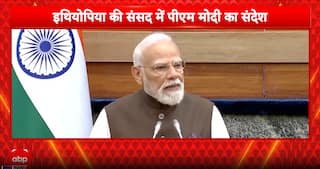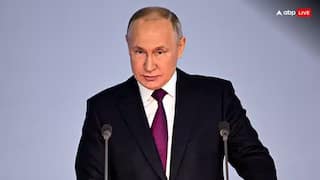RBI Likely To Hike Rates By 75 Basis Points By August, Say SBI Economists
The economists said they did a study of the Russian invasion's impact on inflation, which revealed that 59 per cent of the jump in prices is due to geopolitical events

Mumbai: At least 59 per cent of the accelerated inflation is attributable to the impact of the geo-political conflict triggered by the Russian invasion of Ukraine, economists at SBI said on Monday.
In the face of the heightened inflation situation – the headline number touched nearly 7.8 per cent for April, and the RBI is set to hike rates by another 0.75 per cent to get the repo rate back to the pre-pandemic level of 5.15 per cent, they added.
The economists said they did a study of the Russian invasion's impact on inflation, which revealed that 59 per cent of the jump in prices is due to geopolitical events.
Using February as the base case, the study revealed that because of war alone, food and beverages, fuel, light and transport contributed 52 per cent of the increase, while another 7 per cent impact came from the jump in input prices for the FMCG sector.
Stating that the inflation is unlikely to correct anytime soon, the note said there is a difference between rural and urban areas when it comes to price rises. The former are impacted more by higher food price pressures, while the latter are showing more impact because of the fuel price hikes.
"Against the continued increase in inflation, it is now almost certain that RBI will raise rates in forthcoming June and August policy and will take it to the pre-pandemic level of 5.15 per cent by August," it said, adding that the biggest question for the central bank to ponder is whether inflation will tread down meaningfully because of such rate hikes if war-related disruptions do not subside quickly.
It also needs to check if growth could be a large casualty in case of large and persistent rate increases, even as inflation prints will continue to be of serious concern, the note added.
Backing the RBI in its moves to quell inflation by rate hikes, the economists said there can also be a positive impact of the hikes.
"A higher interest rate will be also positive for the financial system as risks will get repriced," it said.
They also advocated RBI interventions in the NDF (non-deliverable forwards) market instead of the onshore market through banks to support the rupee as this has the benefit of not impacting rupee liquidity.
"This will also save the foreign exchange reserves, with the only settlement of differential amount with counter-parties on maturity dates," they added.






































